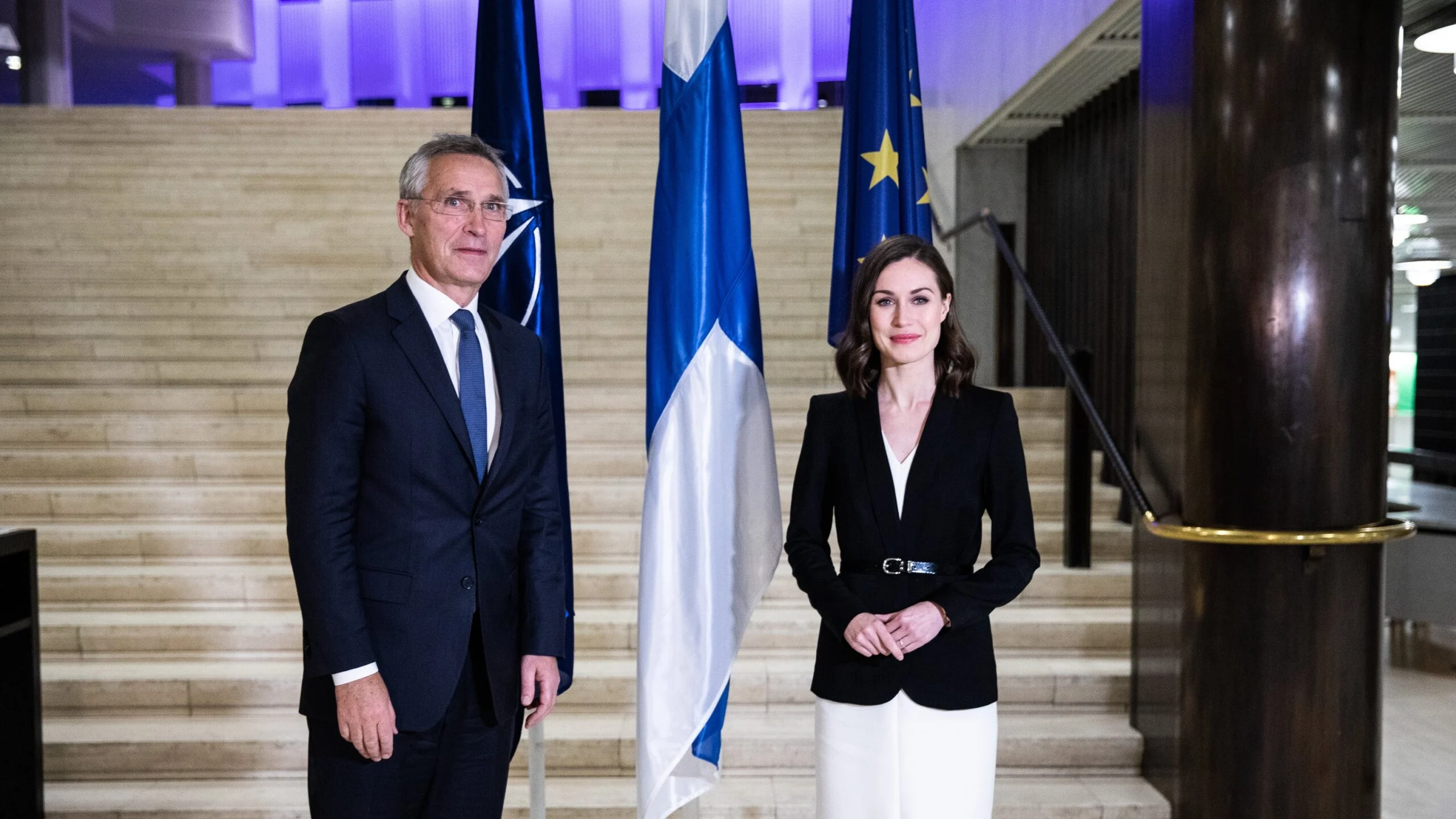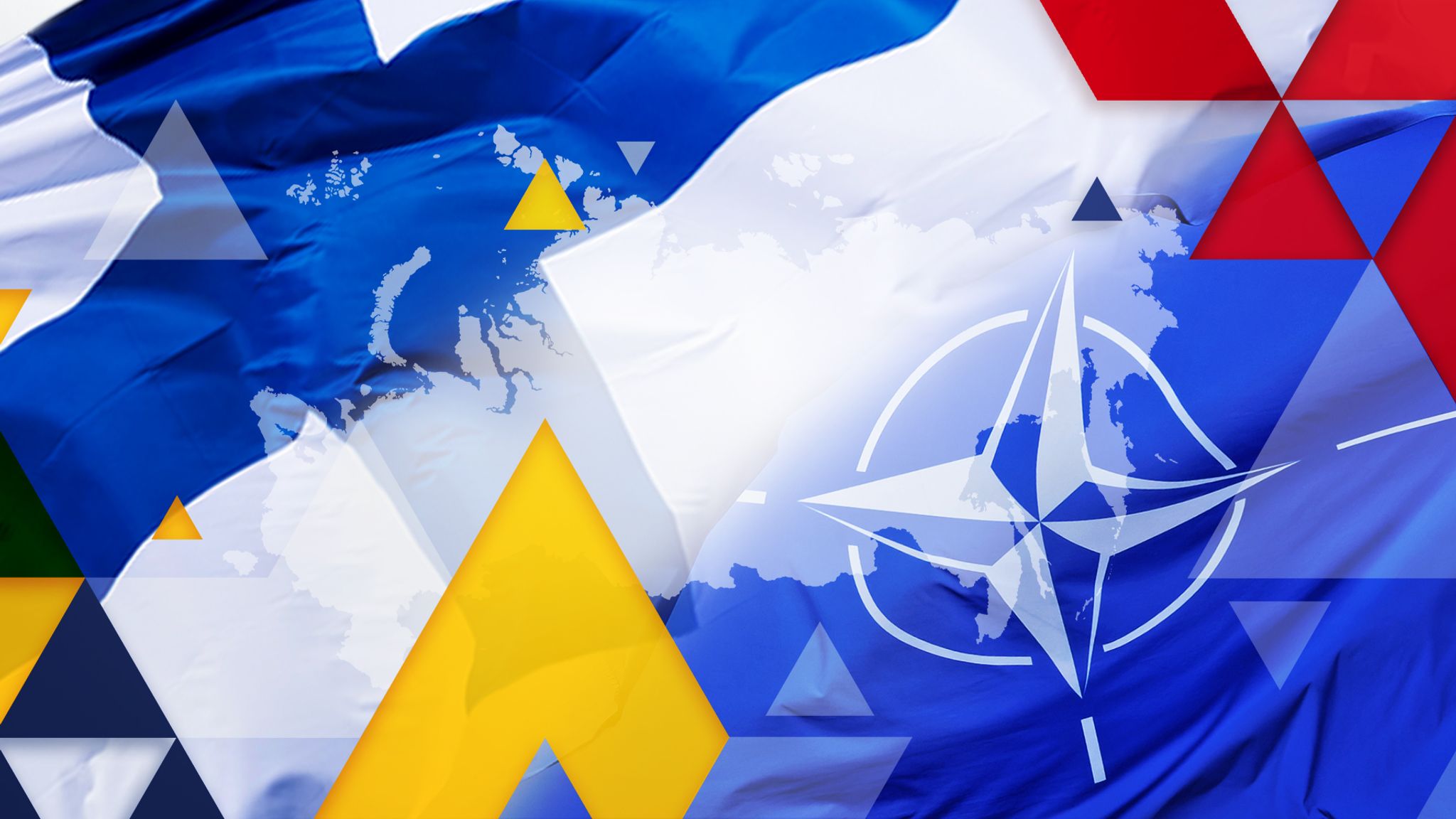Even when Russian forces gathered on the Ukrainian border in February, Finland’s Prime Minister said that his nation would not join NATO. Finland is rushing toward joining the alliance three months and one invasion later — a significant leap for a country with a long history of wartime neutrality and avoiding military affiliations.

Meanwhile, the Kremlin has replied by claiming that the move would constitute a threat to Russia and has threatened reprisal. We examine why Finland has opted to abandon its neutrality and the potential consequences of this decision.
President Sauli Niinisto of Finland pushed his nation to apply for NATO membership “as soon as possible” on Thursday, with the entire cabinet scheduled to declare its decision on Sunday.
So far, the government has refrained from joining such coalitions, preferring to retain friendly relations with its neighbour Russia. For a long time, the Finns’ refusal to join NATO or get too close to the West was a question of survival. Following Russia’s invasion of Ukraine, however, there was a shift in perspective and overwhelming support for joining NATO.
President Niinisto and Prime Minister Sanna Marin both stated that joining NATO will boost the country’s security and defence system. Niinisto has blamed Russian President Vladimir Putin for the extreme stance taken. “Look in the mirror, you (Putin) caused this,” he stated a day before the announcement.
Former Finnish Prime Minister Alexander Stubb claimed the declaration came as no surprise and that the agreement was “done” as soon as Russia entered Ukraine.
76 percent of Finns support joining the alliance, according to a public survey conducted by Finnish broadcaster YLE. According to The New York Times, this figure was around 25% for years before the invasion.
NATO membership provides security guarantees under “Article 5” of the alliance’s collective defence treaty. If any NATO member is attacked, the clause basically assures a military reaction and protection by NATO members.
Finland and Sweden have both shown interest in joining NATO. It can take up to a year to become an official NATO member since it requires the consent of all current member nations. However, NATO Secretary General Jens Stoltenberg has assured the nations that they would be able to join promptly and that the organisation will provide full protection during the transition period.
Finland’s geographic location works in its favour since after it joins NATO, the length of Russia’s border with the alliance would quadruple, bolstering NATO’s position in the Baltic Sea.
The symbolic significance of this cannot be overlooked. More sovereign states joining the west and strengthening its position is a direct hit on Russia. In a New York Times essay, former Danish Prime Minister Anders Fogh Rasmussen argued that if Sweden and Finland join NATO, “it will show Putin that the conflict is unproductive and it only enhances Western solidarity, commitment, and military preparation.”
Russia’s foreign ministry has stated that if the membership goes through, they will be compelled to take military action, and that Finland should “be conscious of its duty and the implications of such a decision.”
Dmitry Peskov, a Kremlin spokesman, took a similar attitude, saying that this step would be regarded as a threat and that everything would depend on how the process unfolded. Putin’s close friend Dmitry Medvedev has warned that this may lead to Moscow deploying nuclear weapons in Kaliningrad, the Russian exclave sandwiched between Poland and Lithuania.
Fellow European countries and the United States, on the other hand, have welcomed the news. Norway and Denmark have stated that they will strive for a speedy NATO membership approval.
Until the membership is formalised, the US emphasised that it is ready to give any defence assistance or resolve any issues that may emerge. “We are optimistic that we will be able to address any concerns that either nation may have regarding the duration between submitting a NATO membership application and receiving formal membership,” White House spokeswoman Jen Psaki said.











